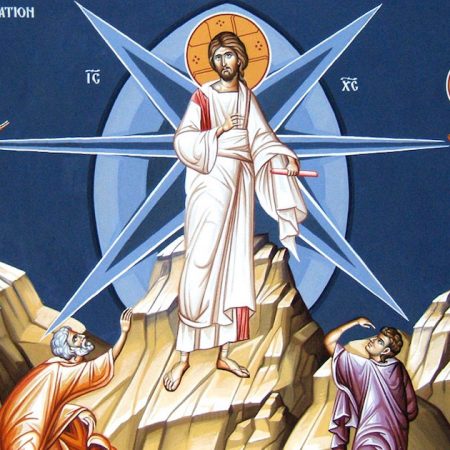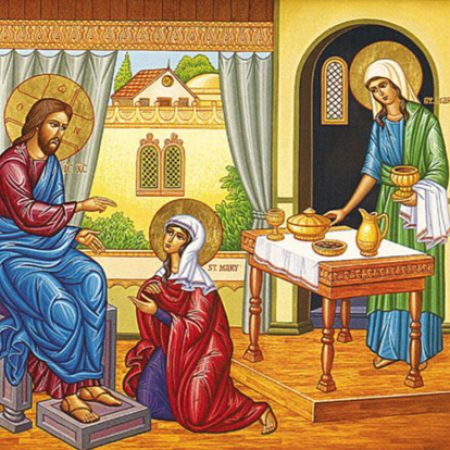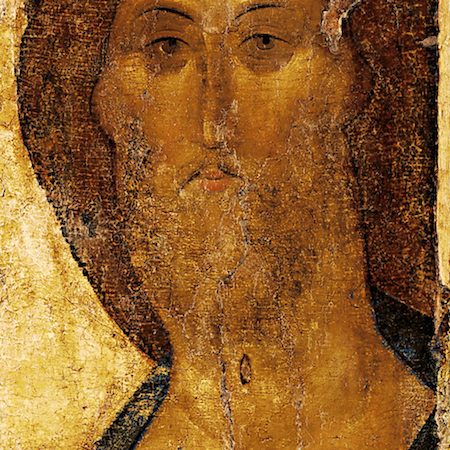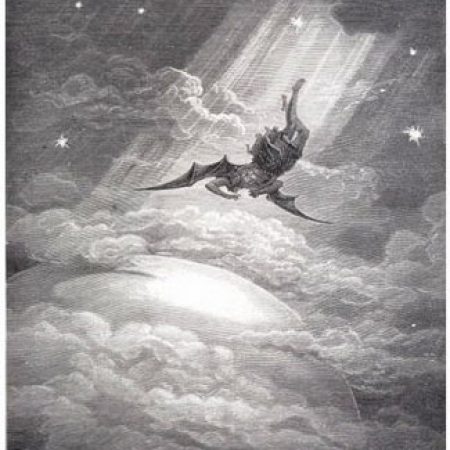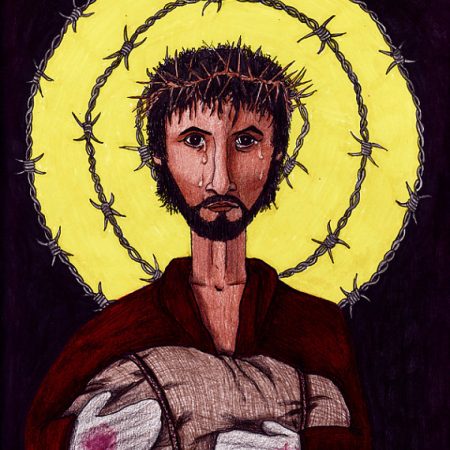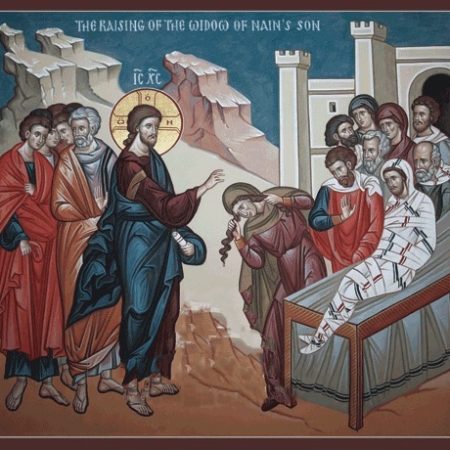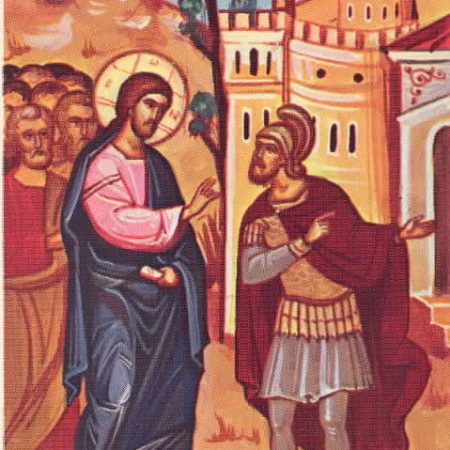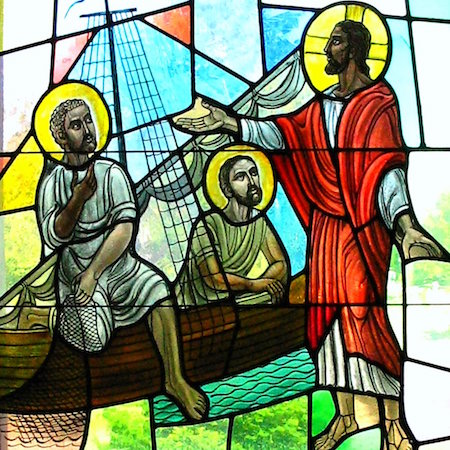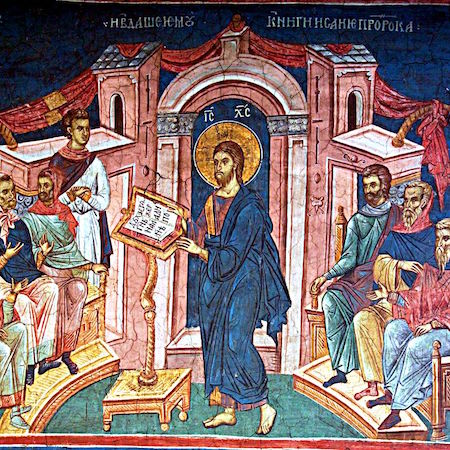The people who blame Jesus for increasing violence may be right. He has kicked out the foundations of our peace-keeping strategies, and now violent chaos will grow unless we learn the ways of love and mercy.
Sermons on Luke (Page 6)
There are numerous competing claims about what a faithful Christian life looks like, and sometimes the truth about following Jesus may be the least palatable of them all.
The Transfiguration is not about the remoteness of God, but about a promise that through the exodus of Jesus’ death and resurrection, we might with him shine, transfigured, with the blazing glory of God.
If we delight in shaming and punishing wrongdoers, we will not recognise the scandalous love and mercy revealed in Jesus, but instead find ourselves being harshly judged by an outraged condemning god who we have created in our own image.
The ways of God’s Kingdom are different to the ways of this world. One thing is needed, prioritising God’s ways, and when we get that right, all the other things follow.
Discerning the will of God is a skill that needs work if you want to develop it, whether as a community together or as individuals.
Election week sheds new light on how we can participate with Jesus in bringing satanic principalities and powers crashing down.
When we fear for our own safety, we condone the violence that promises to protect us, and we use religion to justify it, but Jesus wants to free us to rise above the fear without resorting to hatred and violence.
When we offer hospitality to, and accept hospitality from, anyone who comes – every sinner, wretch, reprobate, and wicked woman – we will encounter Christ and experience forgiveness.
Sometimes God has to kill off our hopes and destroy our faith structures in order to create space for new life and truth to arise among us.
The gospel of love and grace revealed by Jesus is always at risk of being distorted into a false gospel of ‘holy’ hostility.
Jesus is heart-broken when we refuse his call to gather with him in a place of powerlessness, vulnerable to the hostility of a power-hungry world.
Whether we think of the devil as a personal being or as a metaphor, our call to put our trust in Jesus to strengthen our resistance to the temptation of expedient short-cuts is the same.
Jesus calls us in a new direction, full of strangers and dangers and turmoil and wonder. And in that vision of a new way, a new future leaping with silvery hope, we will find the courage to leave everything.
Jesus’s agenda, which we are called to follow, is about healing, liberating and gathering in the excluded, not purifying the community by excluding anyone.
We grow into the likeness of Christ as we model ourselves on him, and he is a model of growth rather than a model of static perfection.
Understanding Mary as a god-bearer opens up new possibilities, for we can all be god-bearers, carrying God’s love and longing for justice into every place that we go.
In an us-and-them world, people hope to find a way to get God on their side, but Jesus confounds our expectations of God siding against others.
The refining fire made known in Jesus is not targeting “morality” issues, but our hatreds, hostilities and inhospitableness.
In the fact of the climate apocalypse, we hold on to our hope: hoping and working for the radical, impossible change that is necessary.


